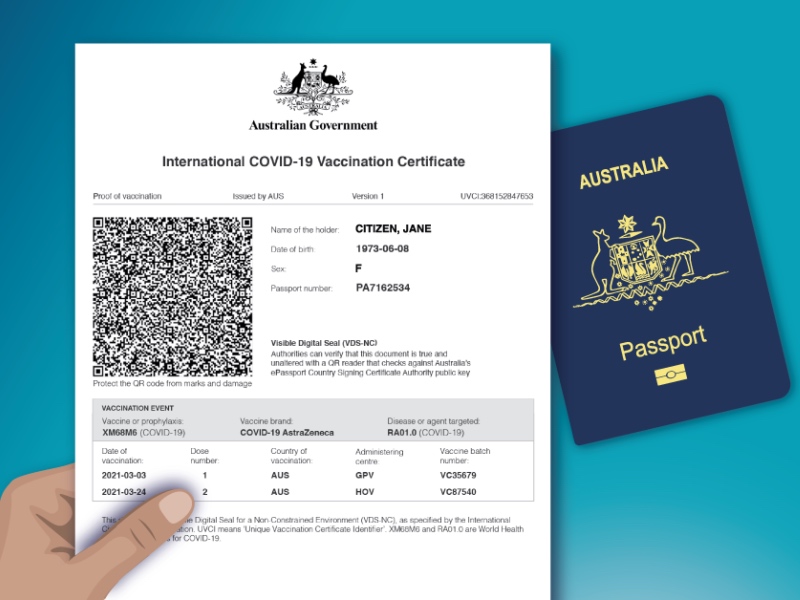
In October 2021, the Australian government started issuing International COVID-19 Vaccination Certificates. The government’s Smartraveller website describes these as a “free and secure way to prove your COVID-19 vaccination history when you travel across borders overseas”.
There’s just one problem – many other countries don’t recognise it.
Generally, most other countries will accept an Australian International COVID-19 Vaccination Certificate as proof of vaccination to enter the country or avoid quarantine on arrival. But once you’ve entered the country, it’s a real mixed bag.
In many countries, you now require proof of vaccination to do things like eating out at restaurants, visiting public places like museums or theatres, or in some cases even to enter shops or board domestic flights. This is especially the case in many European countries such as France, Germany, Italy and the Netherlands.

But the Australian-issued COVID-19 vaccination certificate is not compatible with Europe’s standard, rendering the QR codes on Australian certificates unreadable once you’re on the ground.
The QR codes on Australian International COVID-19 Vaccination Certificates are formatted according to the standard adopted by the International Civil Aviation Organisation (ICAO). This is supposed to make them compatible with systems used by many airlines and immigration authorities, although this also isn’t really the case either. Airlines can only scan the Australian certificates if they download DFAT’s VDS-NC Checker App.
The EU Digital COVID Certificate
The European Union has created a standardised digital COVID-19 vaccination certificate which is recognised by all EU member states. The EU Digital COVID Certificate (EU DCC) contains a QR code that can be easily scanned and verified all over the continent.
If you have one of these certificates and your most recent COVID-19 vaccination was within the last nine months, you can enjoy all the freedoms of a vaccinated person when travelling throughout Europe.
So far, an additional 33 non-EU member countries have also joined the EU DCC system, meaning vaccination certificates issued by those countries also meet the EU standard and are accepted everywhere. These countries include New Zealand, Thailand, the UAE, Turkey, Panama and Uruguay. Unfortunately, Australia has not signed up.
How to get an EU-recognised vaccination certificate
If you’re travelling to Europe, it may be possible to get your Australian COVID-19 vaccination certificate converted to an EU-issued certificate at a local pharmacy (e.g. in France). But if you happen to be travelling to Switzerland, there’s an easier way that this can be done before you depart for your trip.
You can convert your valid foreign-issued COVID-19 vaccination certificate to a Swiss EU DCC for a fee, in conjunction with evidence of upcoming travel to Switzerland (such as a plane ticket or hotel reservation). A nominal fee of CHF30 (~AU$45) applies to foreign tourists for this service, with processing times generally up to a week. But this is perhaps a small price to pay to avoid your European holiday turning into a bureaucratic nightmare.
Australia removed from EU safe travel list
Meanwhile, Australia has this week been removed from the European Council’s published “safe travel” list due to soaring COVID-19 case numbers. This list is updated fortnightly. While this doesn’t necessarily mean Australians cannot travel to Europe, some EU member countries may now restrict non-essential travel from Australia for people who are unvaccinated.
The United States also yesterday issued a “do not travel” advisory for Australia. The US Department of State now advises US citizens not to travel to Australia due to the “very high level of COVID-19 in the country”.
Australia now recognises the Sputnik V vaccine
This week, the Australian Therapeutic Goods Administration (TGA) also updated its list of recognised vaccines for the purpose of international travel to Australia.
The Australian government now recognises the Russian Sputnik V (Gamaleya Research Institute) vaccine, meaning people who have received this vaccine are no longer considered unvaccinated and no longer have to quarantine in a hotel for 14 days after arrival. This is good news for Australians who’ve been stuck in countries where this was the only COVID-19 vaccine available.
You can discuss this topic or leave a comment on the Australian Frequent Flyer forum.


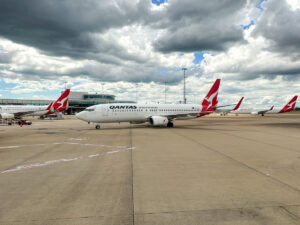
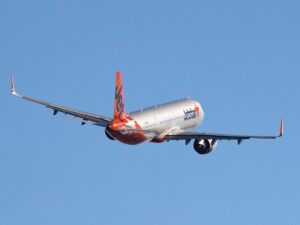



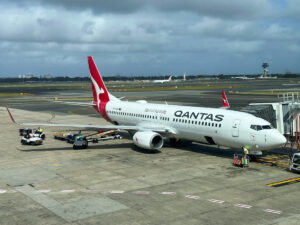












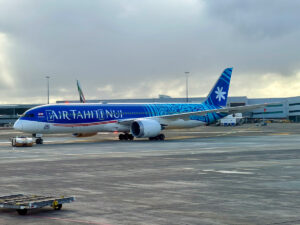
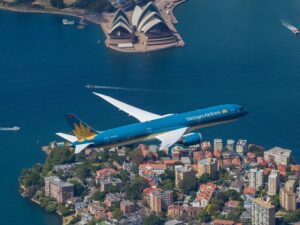
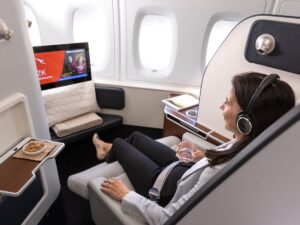














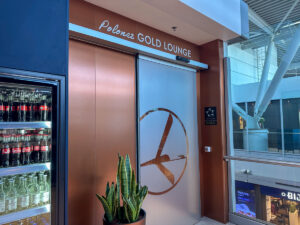





































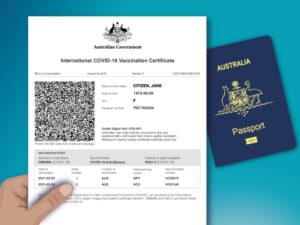





Community Comments
Loading new replies...
Join the full discussion at the Australian Frequent Flyer →